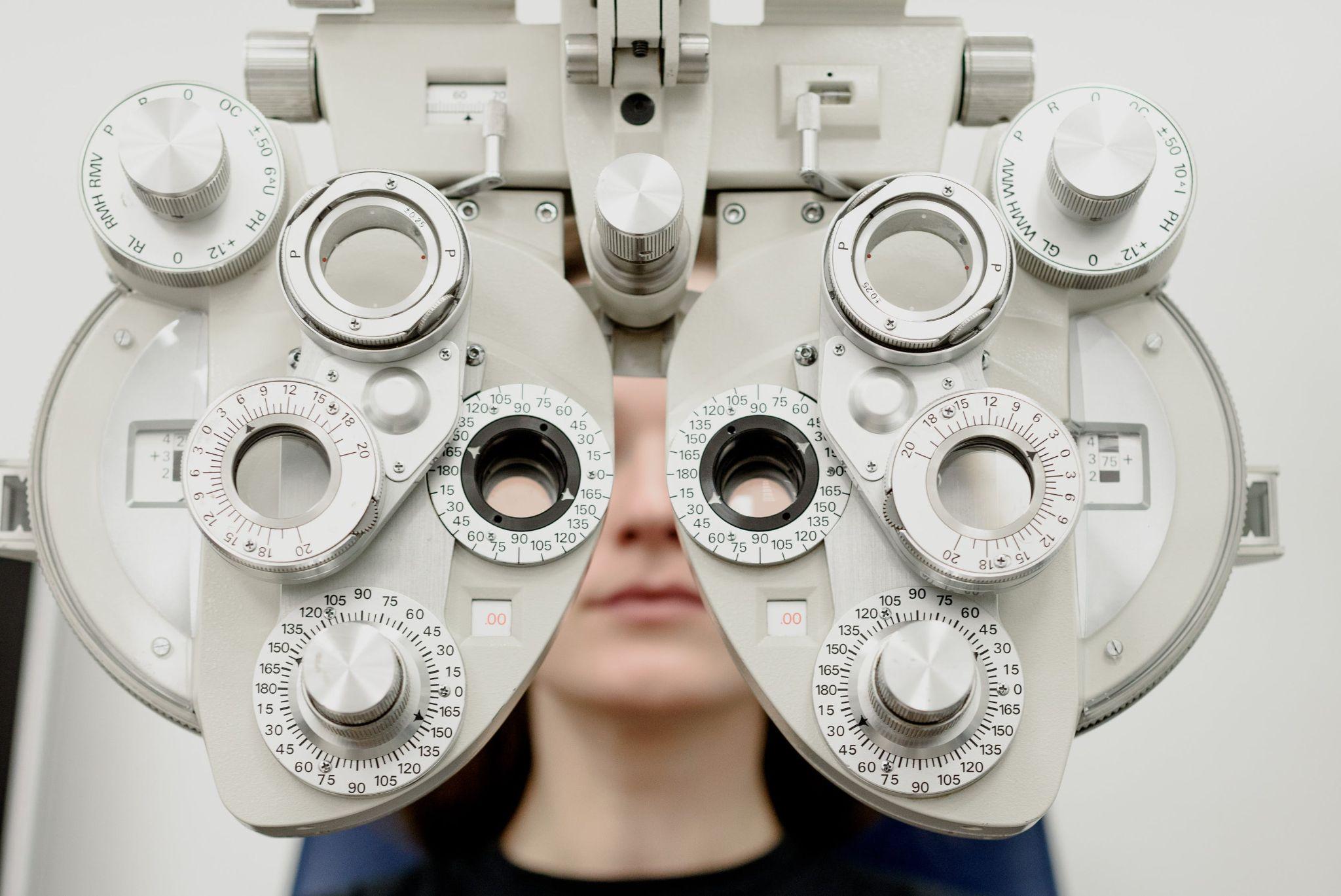5 Habits for Taking Care of Your Eyes

Eye health is just as important as dental hygiene or taking care of your skin. Despite this, most people do not take care of their eyes daily the same way they brush their teeth or use sunscreen. The result of this neglect is a considerable increase in vision-related problems.
According to The Vision Council Association, nearly 200 million adults use a vision-correcting device in the United States. About 164 million of these American adults wear glasses to correct some sort of limitation.
Considering these numbers, it is important for everyone – even those who still have perfect vision – to care for their eyes. Here are five simple habits to adopt daily to ensure healthier eyesight.
1. Eat a Balanced Diet
Certain vitamins are necessary for general wellbeing and specifically improve eye health. These are some items you should add to your diet to keep your eyes in good shape:
Spinach, Kale, and Collard Greens
These dark, leafy greens are rich in vitamins C and E and eye-friendly substances like zeaxanthin. Therefore, they help reduce the risk of eye diseases such as cataracts.
Salmon and Tuna
Fish and other fatty seafood are rich in omega-3 fatty acids, which protect the eyes from the risk of glaucoma.
Seeds and Nuts
Regular consumption of seeds, nuts, almonds, peanuts, etc., can provide your body with half the daily vitamin E recommended for adults. The substance helps to delay the worsening of age-related eye conditions.
2. Regularly Visit the Optometrist
Even if your vision is perfect right now, eye health can change over time. Thus everyone, visually impaired or not, should visit the optometrist regularly.
Experts recommend a routine checkup with an optometrist at least every two years. After 40, if you have a family history of glaucoma or diabetes, it’s best to make it an annual habit because your vision begins to degenerate more quickly.
That’s why you need to update your eyeglasses or contact lens prescription more often. Fortunately, the practicality of modern times allows you to shop for eyeglasses online whenever you need a new pair.
3. Wash Your Hands
As we all learned in the course of the COVID-19 pandemic, it’s important to wash your hands regularly. Not only because it helps us from spreading germs and other bacteria but also because it significantly reduces the chance of getting eye infections.
Several contagious infections can easily spread through a harmless handshake followed by a contaminated hand touching the eye. Conjunctivitis is particularly dangerous because it spreads very quickly and easily (among school children, for example). The symptoms are swelling and itchy eyes, which stay red or pink for days.
4. Protect Your Eyes
Prolonged exposure to the sun’s ultraviolet (UV) rays can wreak havoc on your eyesight, ranging from cataracts to macular degeneration. People try to protect themselves with hats or glasses with polarized lenses, but these are not always effective enough.
Today, many sunglasses are made with a protective coating that can help shield your eyes from the sun’s harmful rays. They can block up to 99 percent of UV rays and are very efficient for those who stay outdoors more often. Even wearing sunglasses. However, experts recommend avoiding the sun from eight to 10 in the morning and two to four in the afternoon.
5. Take a Break!
We spend a lot of time in front of the computer and many other screens in the digital age. It’s important to take a break every once in a while for our mental and eye health.
For starters, you tend to blink less in front of screens, and this habit can lead to eye dryness and the deterioration of vision in the long run. But the big problem is that electronic screens in general (TV, smartphones, computers, and laptops) emit a light called blue light. Overexposure to it is linked to problems like eyestrain, blurry vision, and even cataracts.
There’s also the risk of sleeping issues because, at night, blue light makes our brain alert as if it were daytime. Some special glasses lenses can filter the blue light. But you need to take more breaks to stop looking directly at these screens for so many hours in a row.
Keep an Eye on Your Eyes
While vision degeneration is a sad and inevitable symptom of aging, a few simple changes in general habits can at least delay these effects.
Pay special attention to your diet and hygiene. Avoid straining your eyes with too many hours in front of the computer or reading in bed at night. And police yourself not to touch or rub your eyes without washing your hands first.
Mostly, keep an eye on what your eyes are trying to tell you. Symptoms such as eyestrain or itchiness can be a wake-up call for problems whose short-term and long-term effects can damage your eyesight ahead of time.

